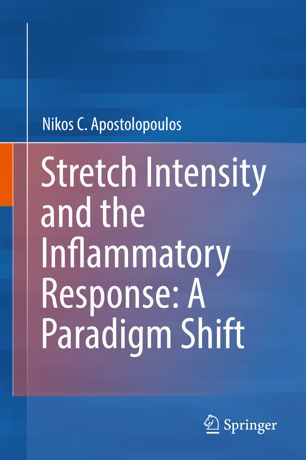

Most ebook files are in PDF format, so you can easily read them using various software such as Foxit Reader or directly on the Google Chrome browser.
Some ebook files are released by publishers in other formats such as .awz, .mobi, .epub, .fb2, etc. You may need to install specific software to read these formats on mobile/PC, such as Calibre.
Please read the tutorial at this link: https://ebookbell.com/faq
We offer FREE conversion to the popular formats you request; however, this may take some time. Therefore, right after payment, please email us, and we will try to provide the service as quickly as possible.
For some exceptional file formats or broken links (if any), please refrain from opening any disputes. Instead, email us first, and we will try to assist within a maximum of 6 hours.
EbookBell Team

0.0
0 reviewsIn this manuscript, practitioners and students who are concerned with sports and rehabilitation medicine, kinesiology, as well as coaches and athletes, are introduced to numerous concepts, including mechanotransduction, inflammation, pro- and anti-inflammatory cytokines, calpains, the extracellular matrix, neutrophils and macrophages, and their relevance to stretching, particularly stretching intensity. Although the quantitative parameters of training, duration, and frequency are important, it is the qualitative criterion of intensity (“how much”) that the author suggests is ultimately of greater concern. Intensity, the rate and magnitude of force, may be responsible for the proper recovery, regeneration, and adaptation of the musculoskeletal tissues from training, competition, or rehabilitation from injuries. Research suggests that too much force results in the stimulation of an inflammatory response, one associated with a biochemical feedback emerging from a mechanical stimulus. The intent of this manuscript is twofold: to initiate the discussion of the importance of stretching intensity with regard to proper recovery, regeneration, and adaptation, and to suggest that researchers need to explore its potential role in addressing numerous inflammatory (RA) and non-inflammatory (OA, recurrent tendinitis etc.) musculoskeletal conditions as well.